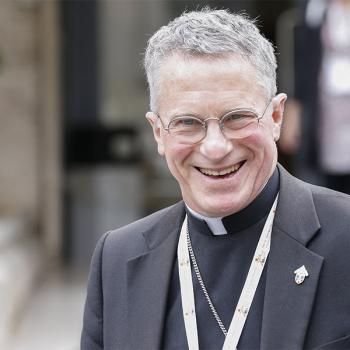In the previous article, we left off with the idea that before the world's inception, all was illuminated; it was clear that the Infinite God is all there is. And, it is only with the creation of the world that we have a perception of an "other"—of something other than God. It is only with the world's creation that there is confusion on whether or not there is God, what my purpose is, etc.
This leaves us to ponder, "Is the world's creation good or is it evil?"
Shabbat in Kabbalah
At this stage in the conversation, the world certainly seems dark, purposeless, and lacking in clarity.
However, the Jewish approach to the darkness and lack of clarity of our world is that it makes for the best backdrop and contrast to a greater revelation of light, i.e., a greater revelation and manifestation of God.
This is what we are attempting to achieve and experience on Shabbat.
Shabbat is from the Hebrew word shuv, meaning to return. The Shabbat ideal is to return to the God-clarity of Pre-Creation even here in Post-Creation. But, the truth is, if we can pull off the Pre-Creation clarity of God even in this world of non-clarity and multiplicity, this will be an even greater manifestation of God-clarity than the original God-clarity of Pre-Creation.
After all, if an angel does the right thing, while we may refer to that as goodness, it is not the truest manifestation of goodness, since an angel does not really have the opportunity or drive to do anything other than goodness. As the Hebrew word for angel, mal'ach, is made up of the Hebrew word muhlay, meaning full, and the letter kaf, which is also a word meaning palm, the angel has his palms full; that is, the angel is already 100 percent good and does not have a struggle.
However, a person, who is made up of both soul and body, lives in the realm of confusion, dilemma, and struggle. This is indicated by the Hebrew word for human being, Adam. The word Adam is made up of the first letter of the Hebrew alphabet, alef, corresponding to the number one and hinting to the One Infinite God, and the word for blood, dam. The name Adam, therefore, implies a coming together of God and blood. If we break down Judaism's understanding of a person, it is just that—flesh and blood with a spark of Godliness, a soul. If the human being can pull off Godness and goodness even in the struggle and shades of grey, this would be the ultimate in manifestation of God-clarity since it is Godliness being brought to light even in a realm of confusion.
The name Adam is also from the Hebrew word for earth, adumuh. The first human being is called by a name connected to the word meaning earth because there is a connection of essence between the human being and the earth. The earth has the potential for the bearing of trees and fruit that needs to be worked on in order to be brought forth and actualized. Similarly, the human being has a potential to bring forth, and it is only through the labor of working on one's self that he comes to yield the fruit of self-actualization.
Imagine an average looking picture hanging on the wall. Imagine taking that picture and puting it through a machine that cuts it up into five thousand pieces, and then regularly sitting around a table putting the pieces of the puzzle back together. When that picture is ultimately restored as one through our efforts, there is a manifestation of the wholeness of that picture through each individual puzzle piece, which only came about because of our efforts. This is the picture we handle with care and laminate. When we see this picture hanging on the wall, there is an appreciation that comes from the return to wholeness that was achieved through our efforts after the picture was initially fragmented.
This is what Shabbat is all about—experiencing clarity within a world of confusion; wholeness within a world of fragmentation; light within a world of darkness.
People talk about Shabbat as a day off, but, truthfully, Shabbat is the day on.
If we are saying that God "put His hand" in the way of the light to form a shadow to allow for this world of non-clarity, we can say that Shabbat is the experience of God "pulling His hand" away a bit to allow for more of that light to come into our world.
For this reason, we avoid melacha (that which is not permitted on Shabbat) on Shabbat. Melacha are those things that were carried out in the process of building the Mishkan (the portable Temple the Jews built in the desert, known as the Tabernacle). According to the Oral Torah, the Mishkan was an all-inclusive microcosm of our world, paralleling our world part by part. Therefore, the categories of activities done in order to build the Mishkan parallel the "activity" God "did" in order to build the world. Thus, on Shabbat, when all is about getting beyond the physicality of our world despite being within it and recapturing Pre-Creation clarity even in Post-Creation confusion, we refrain from involvement with the activities that build the world of darkness in order that it not get in the way of our experience of the light of God.





